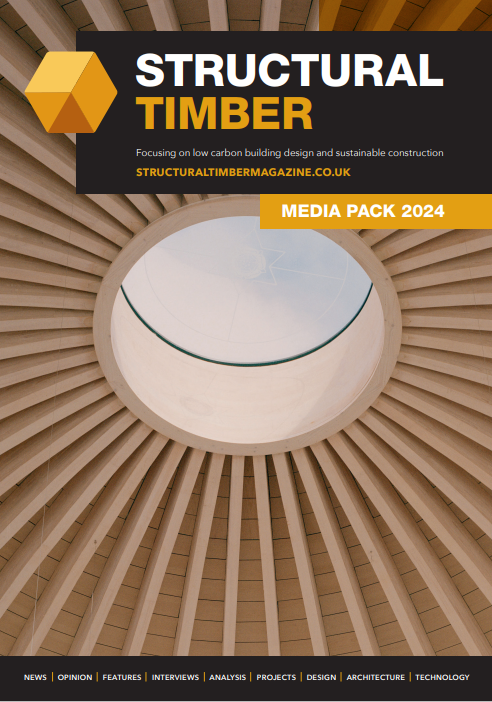Offsite Construction Methods: the need for innovation is greater than ever
Dave Coldham, Specialised Products Divisional Manager of IKO Polymeric, explains the reasons behind moving towards offsite solutions in the roofing industry and illustrates some drivers for change.
Uncertainty in the national and global political situation has had an undeniable impact on the construction sector’s confidence. Article 50 has now been triggered and we are officially leaving the EU but the questions surrounding skills shortages remain a constant debate. Nearly 8% of the 2.5 million construction workers come from abroad, the majority being from the EU. Experts say the actual number is even higher.
There is a risk for the UK construction sector to lose almost 200,000 workers if the country pulls out of the single market, leaving construction firms with no choice but to look for alternative solutions to meet the Government’s 2025 targets. Significantly reducing the reliance on subcontracted labour, offsite construction is the only solution in place for the current skills shortage, which is predicted to get worse.
In anticipation of the problem getting worse before it can get any better, innovative construction products are being introduced to the market. IKO Polymeric’s offsite manufactured composite roofing panel Armourdek offers a solution that no other manufacturer in the market can currently match. Benefiting from a permanent and highly-skilled offsite workforce, Armourdek is manufactured in a controlled factory environment. It doesn’t require the level of onsite labour that a traditionally built-up roofing system needs.
The traditional built-up roof system would require a deck/substrate to be installed, along with a VCL, insulation boards and waterproofing layer. All of these components are individually installed and fixed onsite, which of course requires a trained workforce. Armourdek incorporates all key elements of a roof build-up together in one component. The structural supports are incorporated within the panel too – so for instance, purlins and joists are not required, avoiding another onsite installation.
In the last few years, we have seen a strong need for offsite construction methods in the roofing industry. The lack of skilled construction workers and Government’s Construction 2025 Strategy left the contractors with so many difficulties to deal with. Not only did they have pressure from their clients to deliver faster projects but were also challenged to improve their thermal and acoustic performance. Identifying the need for a solution, we came up with the idea of Armourdek. With its long spanning capabilities, this composite roofing panel can reduce the installation times by 50% and offers high thermal and acoustic performance.
According to a recent report, the UK needs to cut down its carbon emissions by 80% - a third of this is caused by heating poorly insulated buildings – to achieve the low levels of greenhouse gas emissions by 2050. Government wants to prioritise the energy efficiency as a national infrastructure by putting a ‘zero-carbon’ policy in place for buildings as of 2020. Armourdek’s high thermal performance ticks another box for the specifiers who want to meet the new parameters of the industry and work towards the future’s energy-efficient, sustainable buildings.
Armourdek’s pre-fabricated panel provides improved quality control procedures within the factory environment, minimising the installation errors onsite. It also reduces the risk of accidents that might occur as a result of working at height and offers a safer manufacturing environment. Manufacturing in the factory also avoids the negative effect of poor weather conditions, especially in the winter months, leading to project delays. When the product is delivered to site, it is complete and ready to install without generating any waste. Unlike some traditional roof build-ups, Armourdek deliveries all come from a single-point source reducing the number of vehicles, which contributes further to CO2 reductions.
An average construction site only achieves around 30% productivity, due to so much down time during the process. Offsite factory manufacturing can achieve around 80% productivity which cuts down the manufacturing costs, as well as providing shorter turnaround. With early project engagement it is also possible to reduce the material costs, as fewer support elements would be required in the building frame.
Historically, innovation in the construction sector has not been rapid, but going forward the industry is pushing its borders with innovative products. Products such as ours add value to the construction process with fast-track installation, excellent thermal and acoustic performance, reduced material costs and CO2 emissions, improved site safety and ‘zero-waste’ to landfill.
For more information visit: www.ikopolymeric.com













